EARLALL Explores Tourism Sector Skills Challenges and Opportunities Across European Regions
18/09/2025
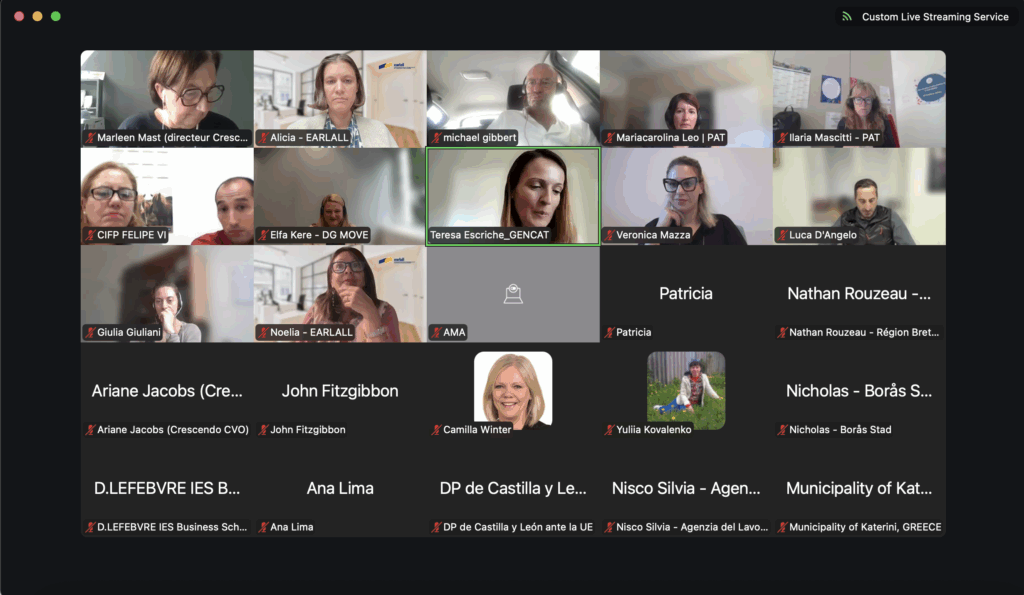
On 18 September 2025, EARLALL hosted a webinar on “Tourism Sector Skills Analysis: Understanding Skills Challenges and Opportunities in the Tourism Sector Across European Regions”, bringing together around 30 participants from across Europe, including regional officers, educators, and project professionals. The event was part of EARLALL’s ongoing series examining regional skills needs in key economic sectors, with a focus on sustainable and future-ready workforce development.
Tourism is a vital driver of the European economy, supporting millions of jobs, preserving cultural heritage, and fostering local innovation. The sector is also evolving toward greener and more inclusive models, creating opportunities for regional development—but skilled workers remain central to fully realizing this potential.
The webinar opened with a presentation by Elfa Kere from the Directorate-General for Mobility and Transport, European Commission. Elfa provided a European snapshot of the tourism sector, which employs around 20 million people across 4.5 million enterprises, noting that up to 1 million jobs could potentially remain unfilled due to skills shortages.
She also highlighted ongoing initiatives, including the EU Pact for Skills and the Tourism Partnership with over 100 members. Key challenges include maintaining a balance between visitors and residents, addressing workforce needs in remote and rural areas, and developing the upcoming EU Strategy for Sustainable Tourism, currently open for public consultation until 25 September. Participants were encouraged to join the EU Tourism platform to contribute to shaping the strategy.
EARLALL Regions sharing Tourism challenges and opportunities
Many of EARLALL’s partners are active in the tourism sector, making it essential to understand the current skills landscape across regions. The regional panel brought together examples from Trentino, Castilla y Leon, Switzerland, and Flanders, showcasing initiatives and projects aimed at addressing workforce challenges, promoting sustainable tourism, tackling seasonal and demographic issues, and creating new opportunities for regional tourism development.
Trentino, Italy
Veronica Mazza and Luca D’Angelo from the Trentino Labour Agency shared regional strategies for addressing tourism workforce challenges, particularly seasonal labour shortages during peak summer periods. Veronica highlighted the campaign “Trentino Tourism is Looking For You”, which matches job seekers with hospitality positions such as chefs, waitstaff, and bar personnel. Luca presented a pilot Job Active Action Pact involving 20–25 committed hoteliers, fostering collaboration between the labour agency, tourism board, and local businesses to optimise workforce matching.
Castilla y Leon, Spain
Representatives from CIFP Felipe VI highlighted Castilla y Leon’s rich cultural and natural tourism assets, from World Heritage Sites like Avila, Salamanca, and Segovia to rural destinations such as Picos de Europa. With over 70 million domestic tourists and 1.35 million international visitors annually, the region employs 106,716 workers in tourism, including 84,000 in hospitality, representing 7.4% of regional employment. The presentation also explored opportunities in sustainable tourism and initiatives to increase overnight stays.
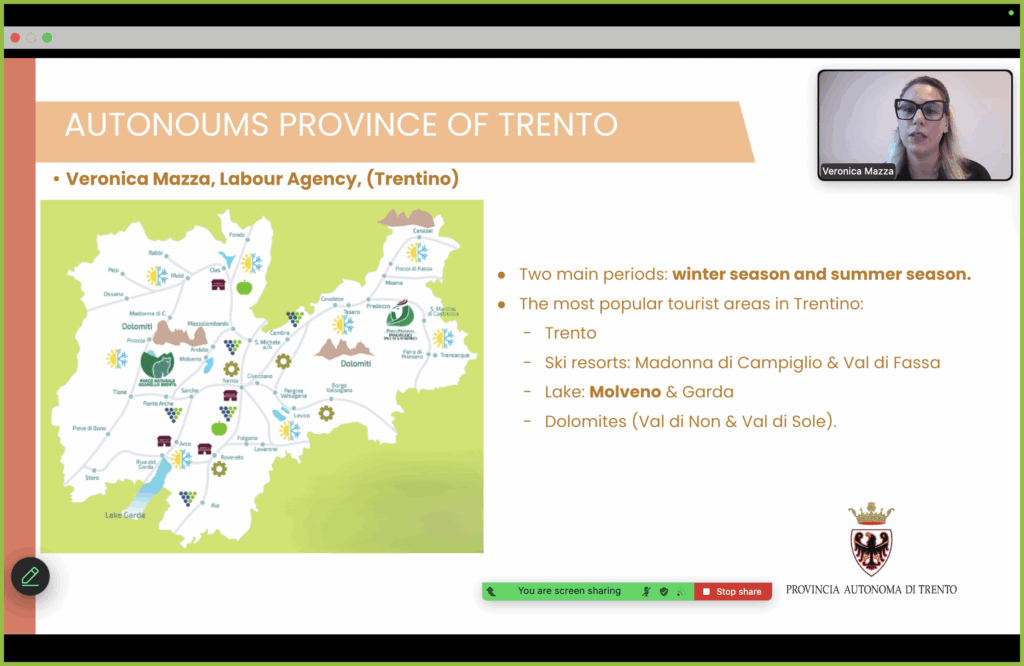
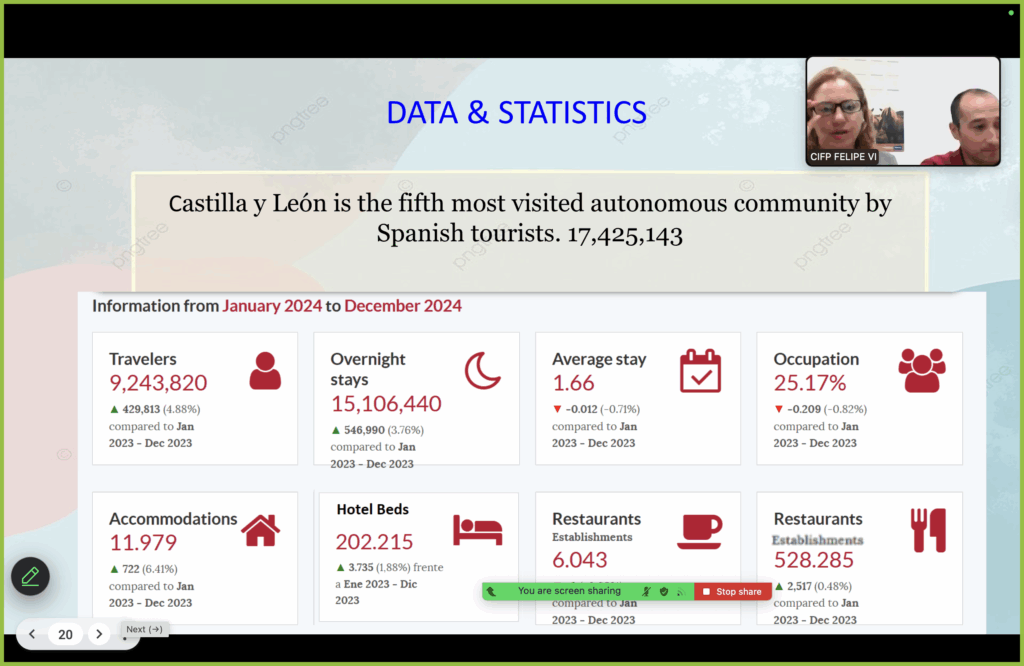
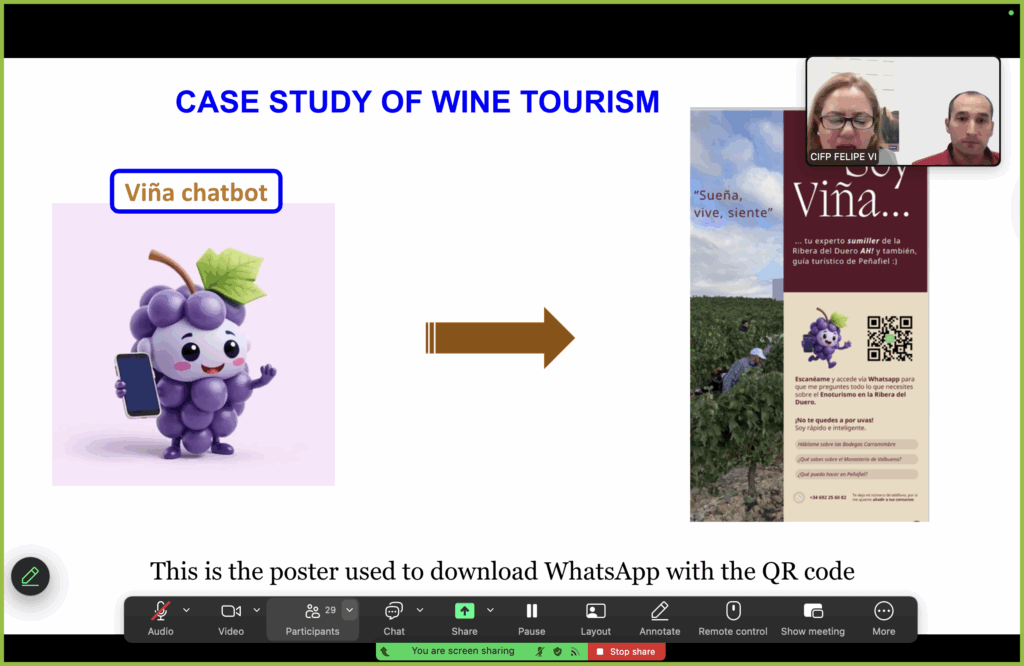
Switzerland – Agri-Hospitality and Tourism Innovation
Michael Gibbert from La Fontana Living Lab, EHL Hospitality Business School, shared insights from a collaboration linking agricultural and hospitality education. Student-led projects aim to address seasonal fluctuations, integrate local ingredients, and optimize the value chain, providing innovative solutions for workforce and operational challenges.
Mechelen, Flanders, Belgium
Marleen Mast and Ariane Jacobs from Crescendo CVO, Mechelen, presented local initiatives to strengthen tourism skills. TheCity Ambassador Program trains around 20 students annually to serve as volunteer ambassadors, supporting visitors and promoting heritage while addressing local hospitality workforce needs. The program also includes practical training modules, a city guide course, and initiatives such as historical exhibitions and a Living Library project.
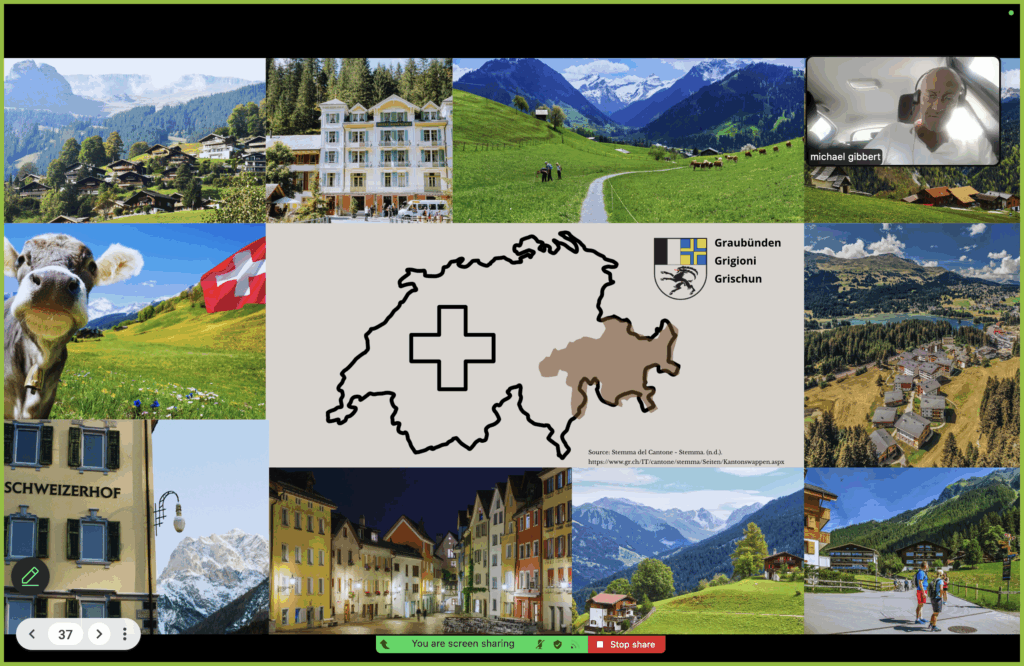
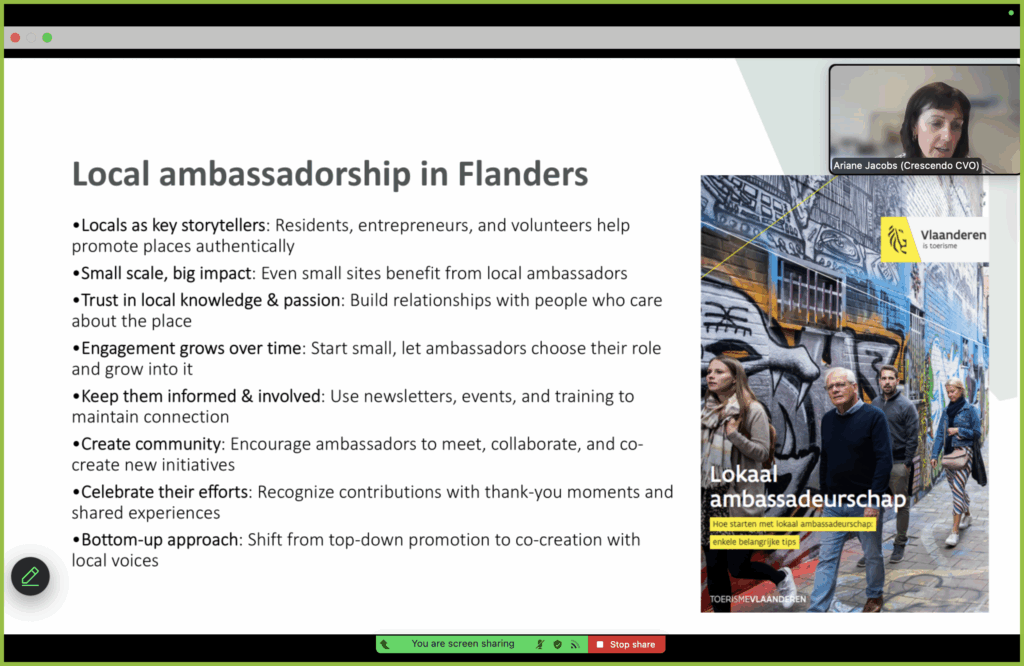
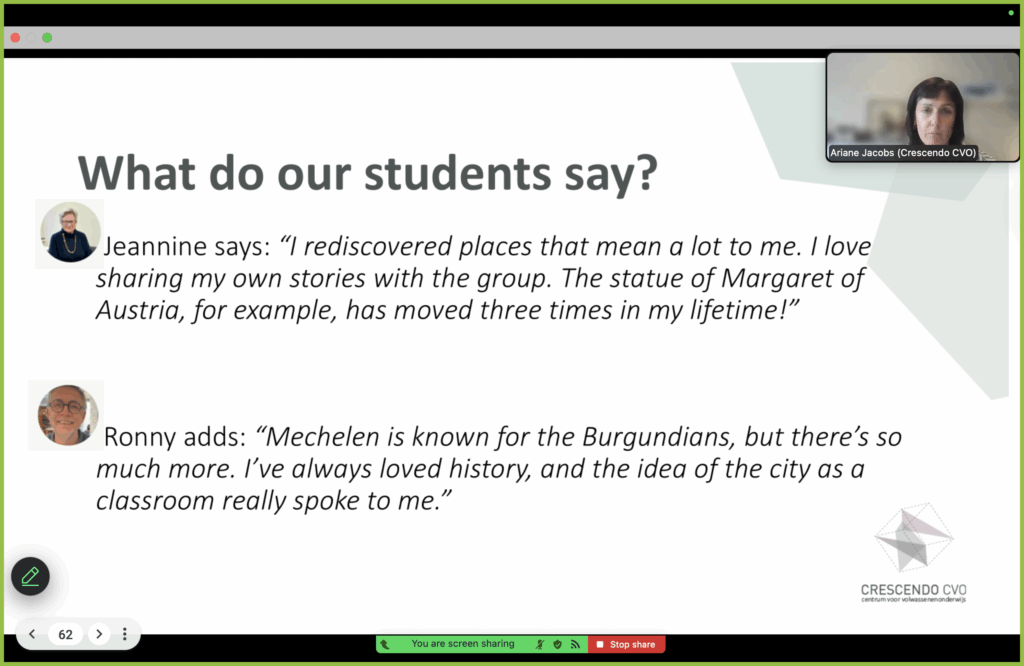
Participants actively engaged throughout the webinar, asking questions and learning about regional best practices. Discussions underscored the importance of collaboration across regions, as well as the potential for future cooperation to address workforce challenges in tourism.
This session marks an important step in EARLALL’s sectoral skills analysis series, which continues with upcoming webinars focusing on other key sectors, including applied arts and craftsmanship (December 2025). By connecting policy perspectives, regional initiatives, and innovative practices, EARLALL aims to build a future-ready workforce across European regions.
Resources
- Speakers’ presentations (all in one)
- European Commission’s presentation
- Watch the recording
- Fact sheet

